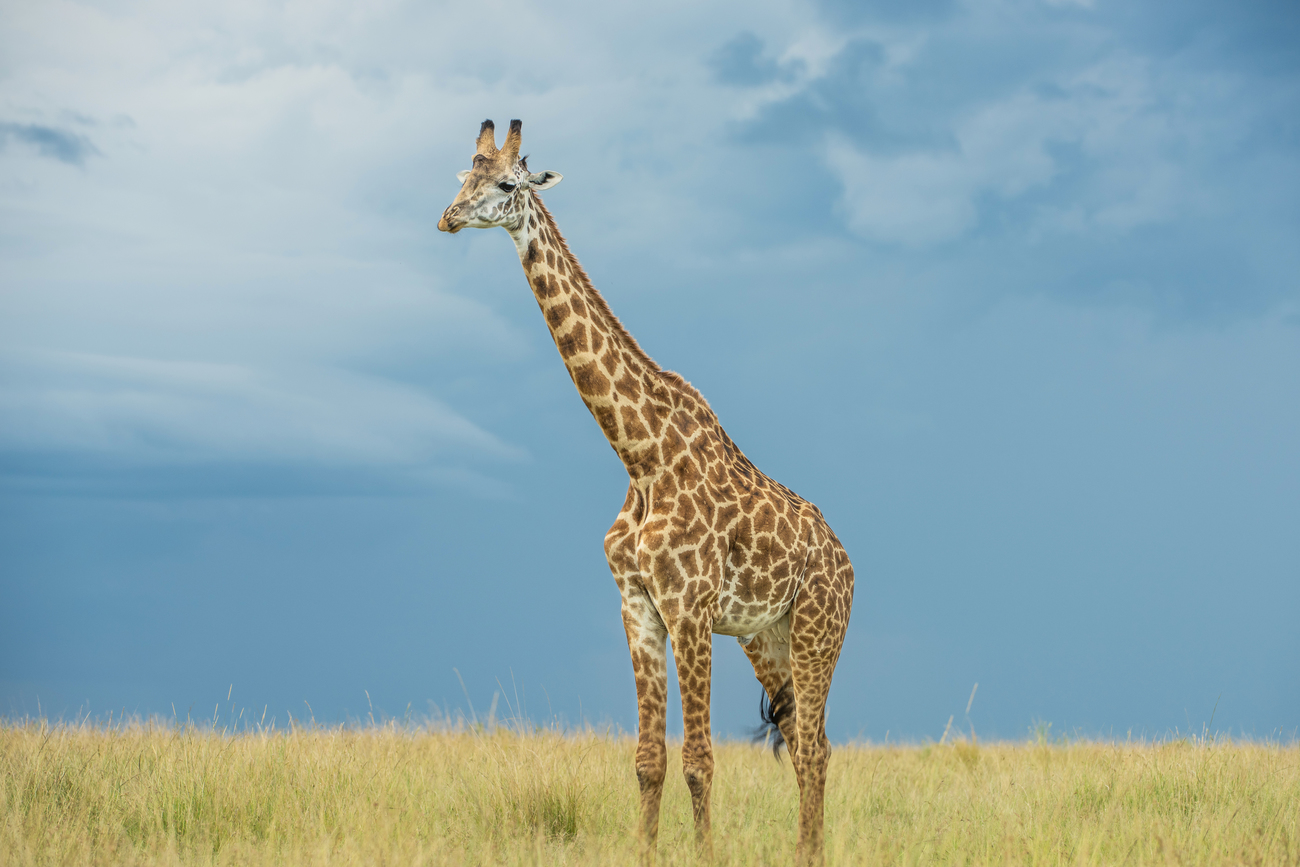Press releases
WhaleAlert: the app to help to protect whales
Read moreUSFWS weakens endangered species protections that more than 80% of Americans support

Since 1973, the Endangered Species Act (ESA) has served as one of the world’s most powerful tools for protecting thousands of species from extinction. The popular and highly effective law has prevented the disappearance of 99% of listed species, including the bald eagle, grizzly bear, American alligator, humpback whale, and many other plants and animals that play a key role in healthy ecosystems and promote human wellbeing.
Unfortunately, against vehement objections voiced by IFAW and many other conservation and wildlife advocates, the Trump administration moved forward with finalizing rules that will make it harder for the ESA to protect imperiled wildlife. Secretary of the Interior David Bernhardt, a former oil and gas lobbyist, approved these new regulations today.
The new regulations fundamentally undermine the Act by eliminating key protections for threatened species and making it easier to degrade critical habitat. Perhaps most troubling, the new regulations reverse a critical and foundational element of the ESA that ensures only the best available science is used to determine whether a species is "threatened" or "endangered". The new regulations now allow for an analysis of economic considerations, which could influence listing decisions that should be based solely on science.
Unfortunately, these new anti-conservation regulations will prevent many species – within the U.S. and abroad – that are facing extinction from receiving the protections they desperately need. The sweeping changes place unchecked development and resource extraction above the survival of endangered plants and animals, and completely disregard the principle that one extinction can initiate an ecologically devastating chain reaction in the environment, placing other species – including humans – at risk. Instead of aiming to protect and recover imperiled plant and animal species as well as safeguard the health of our shared ecosystems, the new rules envision preserving a few representatives of each species in shrinking fragments of habitat, scattered among developed areas. While the short-term benefit to industry may be big, the ultimate cost to all of us will be many times larger.
Saving species from becoming extinct is more than just about preserving wildlife for future generations. The ESA protects not only individual species, but also integral parts of the ecosystems that provide the air we breathe, the water we drink, the parks we enjoy, and even some of the medicines upon which we rely to combat disease. People and the planet need wildlife to thrive, and our collective wellbeing will be diminished if we lose even one more species to extinction.
The shortsighted decision to remove much-needed protections for threatened and endangered species is both irresponsible and inconsistent with the intent of the ESA. We will continue to fight back against these attacks on the ESA and the imperiled animals it protects.
-Polen Cisneros, Wildlife Crime Program Officer
Every problem has a solution, every solution needs support.
The problems we face are urgent, complicated, and resistant to change. Real solutions demand creativity, hard work, and involvement from people like you.
Unfortunately, the browser you use is outdated and does not allow you to display the site correctly. Please install any of the modern browsers, for example:
Google Chrome Firefox Safari